Pronunciation
(deks klor fen EER a meen)
Medication Safety Issues
Geriatric Patients: High-Risk Medication:
Beers Criteria: Dexchlorpheniramine, a first-generation antihistamine, is identified in the Beers Criteria as a potentially inappropriate medication to be avoided in patients 65 years and older (independent of diagnosis or condition) due to its potent anticholinergic properties resulting in increased risk of confusion, dry mouth, constipation, and other anticholinergic effects or toxicity; use should also be avoided due to reduced clearance with advanced age and tolerance associated with use as a hypnotic (Beers Criteria [AGS 2019]).
Pharmacy Quality Alliance (PQA): Dexchlorpheniramine, as a single agent or as part of a combination (excludes OTC products), is identified as a high-risk medication in patients 65 years and older on the PQA?s, Use of High-Risk Medications in the Elderly (HRM) performance measure, a safety measure used by the Centers for Medicare and Medicaid Services (CMS) for Medicare plans (PQA 2017).
Generic Availability: US
Yes
Storage and Stability
Store at 20?C to 25?C (68?F to 77?F).
Adverse Reactions
Cardiovascular: Chest tightness
Central nervous system: Ataxia, chills, confusion, convulsions, dizziness, drowsiness (slight to moderate), euphoria, excitement, fatigue, hysteria, insomnia, irritability, nervousness, neuritis, paresthesia, restlessness, sedation, vertigo
Dermatologic: Diaphoresis, skin photosensitivity, skin rash (due to drug), urticaria
Gastrointestinal: Anorexia, constipation, diarrhea, epigastric distress, nausea, vomiting, xerostomia
Genitourinary: Difficulty in micturition, early menses, urinary frequency, urinary retention
Hematologic & oncologic: Agranulocytosis, hemolytic anemia, thrombocytopenia
Hypersensitivity: Anaphylactic shock
Neuromuscular & skeletal: Tremor
Ophthalmic: Blurred vision, diplopia
Otic: Acute labyrinthitis, tinnitus
Respiratory: Dry nose, dry throat, nasal congestion, thickening of bronchial secretions, wheezing

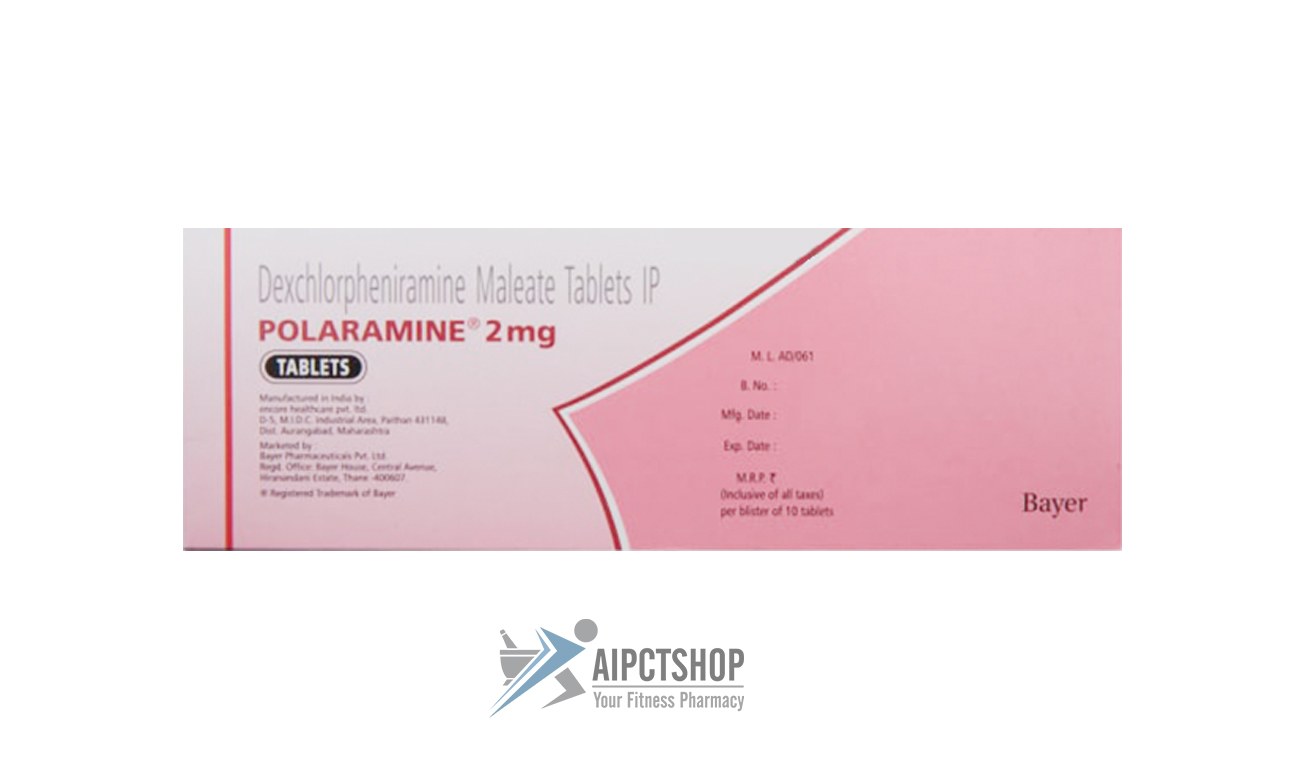
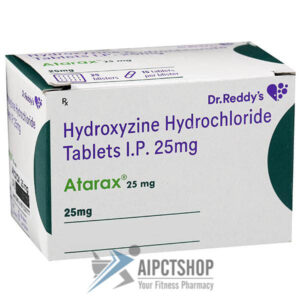
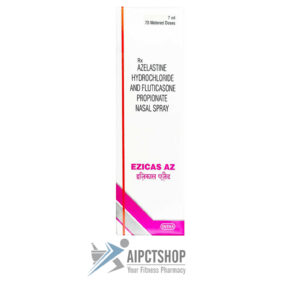

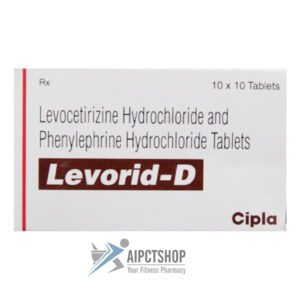

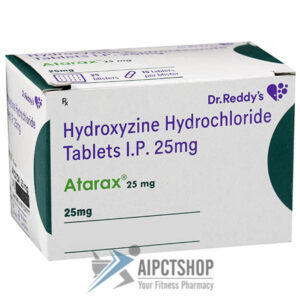
Reviews
There are no reviews yet